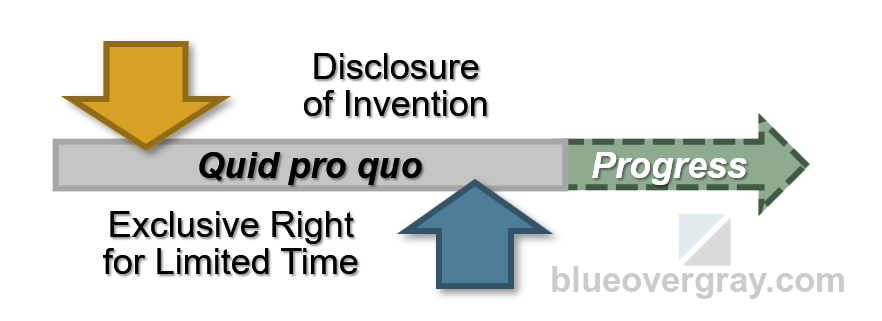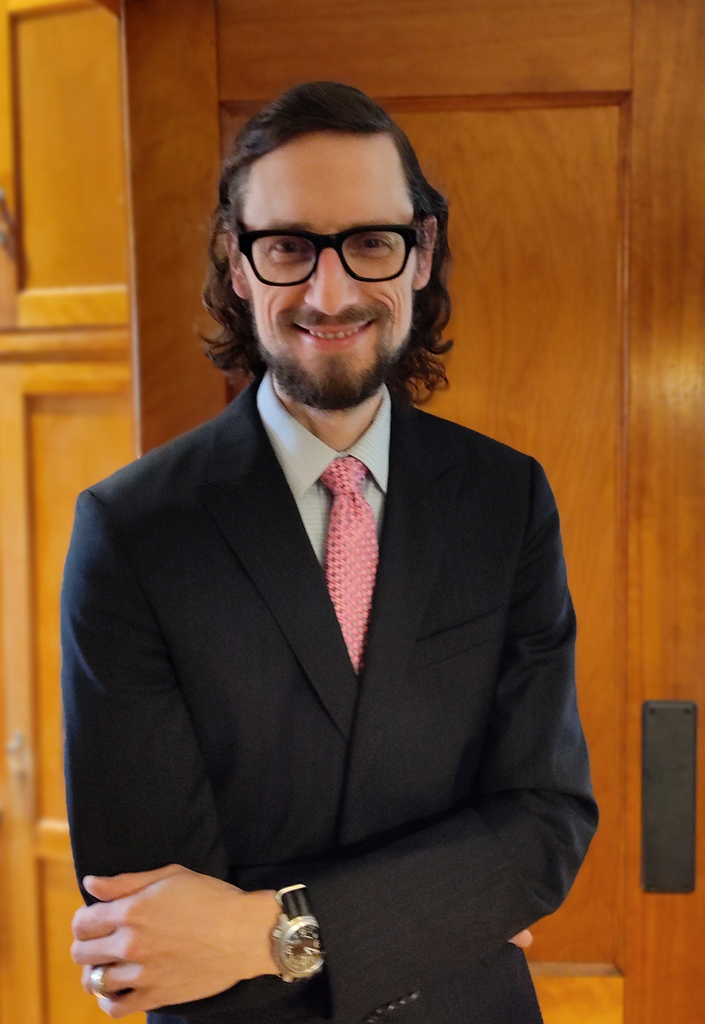Patent laws have existed for a very long time in some from or another. The Venetian Patent Statute of 1474 is considered the first modern patent law. U.S. patent laws evolved from the Statute of Monopolies in England, from 1624, which had limited the English Crown’s ability to grant “odious” monopolies over entire industries indefinitely. Instead, parliament imposed a key provision allowing only “new manufactures” to be patented and only for 14 years. Similarly, the U.S. Constitution authorizes congress to enact patent laws, subject to certain limits, and patents have been available in the United States since 1790.
–“To promote the progress of science and useful arts, by securing for limited times to authors and inventors the exclusive right to their respective writings and discoveries.”
U.S. Constitution, Article 1, § 8, clause 8

What modern patent laws have in common is the concept of a quid pro quo. In exchange for disclosing how to make and use an invention, a government will grant the inventor exclusive rights in that invention (and only that invention) for a limited time. The idea is that this promotes progress in engineering and science—the “useful arts”. Patents incentivize inventors to disclose inventions rather than keep them secret. And when the limited term of a patent expires, the public is then able to freely use the invention. The primary purpose is therefore not reward of the individual but the advancement of the useful arts for the benefit of general society. These are the policies behind modern patent laws.

Austen Zuege is an attorney at law and registered U.S. patent attorney in Minneapolis whose practice encompasses patents, trademarks, copyrights, domain name cybersquatting, IP agreements and licensing, freedom-to-operate studies, client counseling, and IP litigation. If you have patent, trademark, or other IP issues, he can help.
